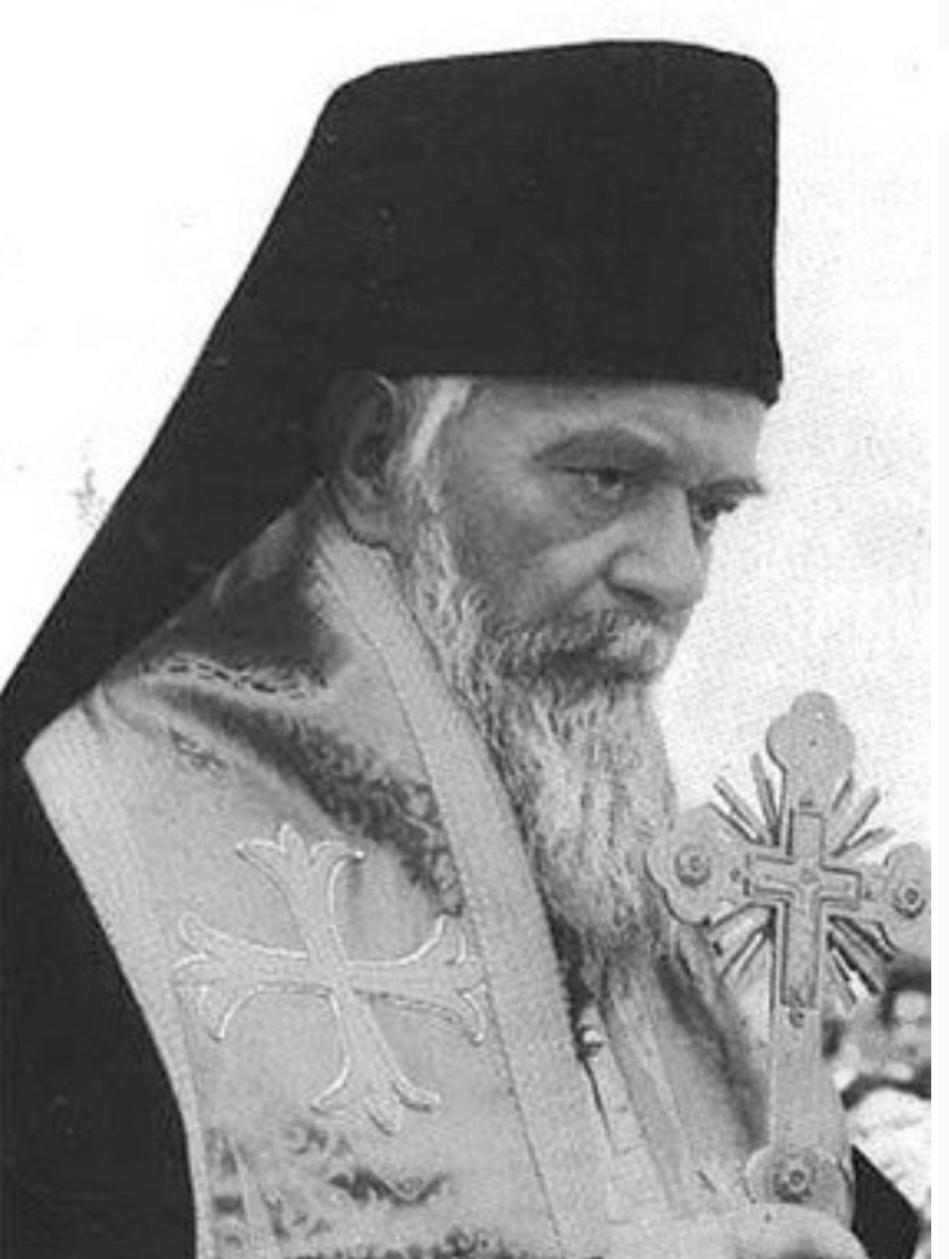Letter 148: To A blacksmith, Radosav I
By Saint Nikolai Velimirovich
You would like for God to pardon all sinners of His Terrible Judgement. Are you again tempting Christ just like that enemy of God tempted Him on the mountain? "If you are the all-merciful Son of God, have mercy on Judas and Cain and all serious sinners, and I will worship you!" This is how you could phrase your tempting of Christ. And the Lord Himself could respond to you and say, "Was I not merciful enough when I descended from my eternal glory into human darkness and gave my whole self as a sacrifice for mankind? How shall I pardon those who never asked me for it; who despised my offered mercy to their last breath; who spilled the blood of my faithful disciples like water; who remained servants of Satan to the end?"
And how is it now that mortal men compare their mercifulness to God's and even think themselves to be more merciful than God? Examine yourself thoroughly and see how limited and vain human mercy is. See if you would easily forgive a friend who swore three times that he does not know you. Would you forgive a man who was persecuting your relatives with the sword to the point of extinction? Would you forgive a man who would mock everything that is most sacred to you? The Lord Jesus forgave Peter who renounced Him three times. He forgave Saul who was persecuting His followers, His relatives. He forgave Augustine who mocked the sacred things of Christianity. He forgave all those who repented wholeheartedly and turned their rebellion into zeal for God and God's sacred things. He will forgive at His terrible judgement even those who repented only on their deathbed, confessed Christ as the Son of God and cried out to Him for salvation. He will also forgive those who showed even as much mercy in His name as to give a glass of cold water to the least of His followers.
But all this is not enough for God's tempters! It is not enough for those who neither know what it is to forgive nor to repent. They do not know how God's mercy overcomes our way of thinking. Nor do they know how deep are the wounds of Christ for mankind. They would like for God to mingle the Kingdom of eternal light with darkness and for there to be a mixture of good and evil on heaven as on earth. They would like for Cain and Judas and all the fratricides, all the godless, all the bloodthirsty, debauchers, lascivious, mockers of sanctity, ridiculers of God - everybody, all the unrepentant evildoers to stand at the right hand of Christ at the last Judgement, together with the Saints, martyrs and the righteous, and for no one to be on the left side! Is that justice? Is it just to give the same wages to those who worked all day? Is it mercy to mix light with darkness, truth with lies, wheat with chaff?
Who are you, O man, to teach justice to the One who founded justice? Or to remind of mercy the One who out of mercy gave Himself to be crucified for mankind? Bow down to the sanctity of His justice and to the unsearchable depth of His mercy, cry out, "O Most-Merciful One, have mercy one me a sinner and save me!"
johnsanidopoulos.com
(Lifted from this post on reddit)

